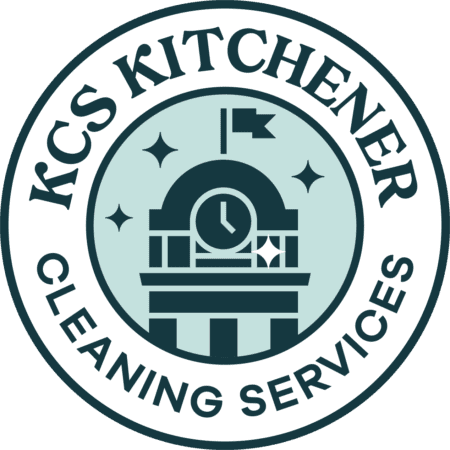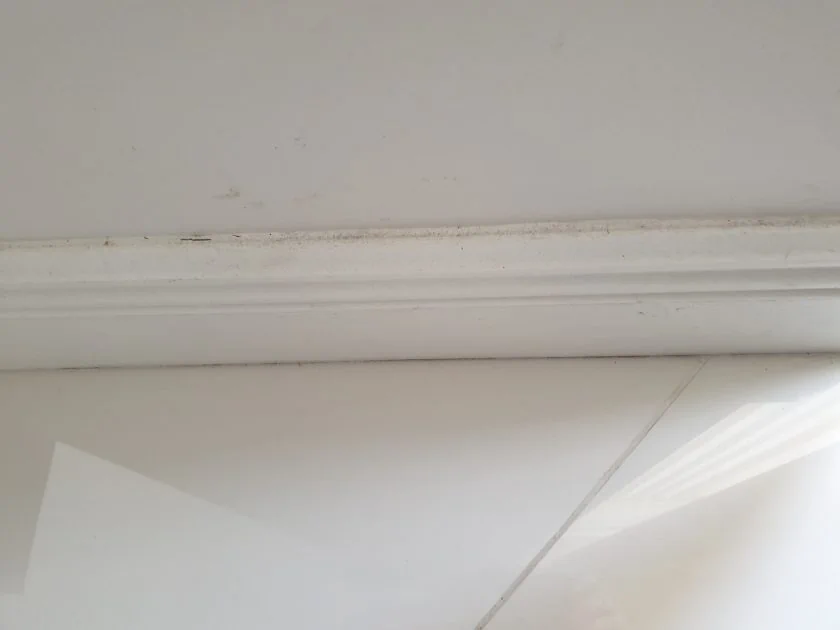Total Estimated Time Required: 30 – 60 Minutes
Cleaning baseboards is an important step in keeping your home looking clean and tidy, but it’s easy to overlook them in the midst of other cleaning tasks. However, dirty baseboards can really stand out and ruin the overall appearance of a room. Don’t worry, it’s not difficult to learn how to clean baseboards, and it’s a task you can easily incorporate into your regular cleaning routine.
Best Method for Cleaning Baseboards Routinely
Cleaning baseboards may not be the most exciting task on your to-do list, but it’s an important one. Not only do clean baseboards make your home look more polished and well-maintained, they also help to keep your home free of dirt and dust build-up. Plus, cleaning baseboards doesn’t have to be a time-consuming or difficult task if you follow the right steps.
Instead of trying to clean all the baseboards in your entire house at once, try tackling just one room each time you clean. It’s also a good idea to save baseboard cleaning for last, as they tend to accumulate the dust and dirt stirred up by other cleaning tasks.
Here’s our recommended method for cleaning baseboards routinely:
How Often to Clean Baseboards
How often you should clean your baseboards will depend on your lifestyle and the level of dirt and dust in your home. A good rule of thumb is to aim for cleaning your baseboards once a month, but you may need to do it more frequently if you have pets who shed a lot or if you notice that your baseboards get particularly dirty quickly. On the other hand, if you find that your baseboards stay relatively clean, you might be able to stretch the cleaning intervals out to every couple of months.
Step 1 – Dust
The first step in cleaning baseboards is to remove as much dust and dirt as possible. A good way to do this is to use a vacuum with a brush attachment to suction along the length of the baseboards, paying special attention to the crevice where the trim meets the floor. If you don’t have a vacuum, you can also use a duster to free up debris, which you can then sweep up with a broom and dustpan.
Step 2 – Wipe
Once you’ve removed the loose dirt and dust, it’s time to tackle stains and stuck-on grime. Mix up a solution of warm water and dish soap (vinegar works well too) and use a sponge to scrub any marks that you can find. If your baseboards are especially dirty or have tough stains, you may need to use a bit of elbow grease or a slightly more abrasive sponge. Just be careful not to scrub too hard and damage the surface of your baseboards.
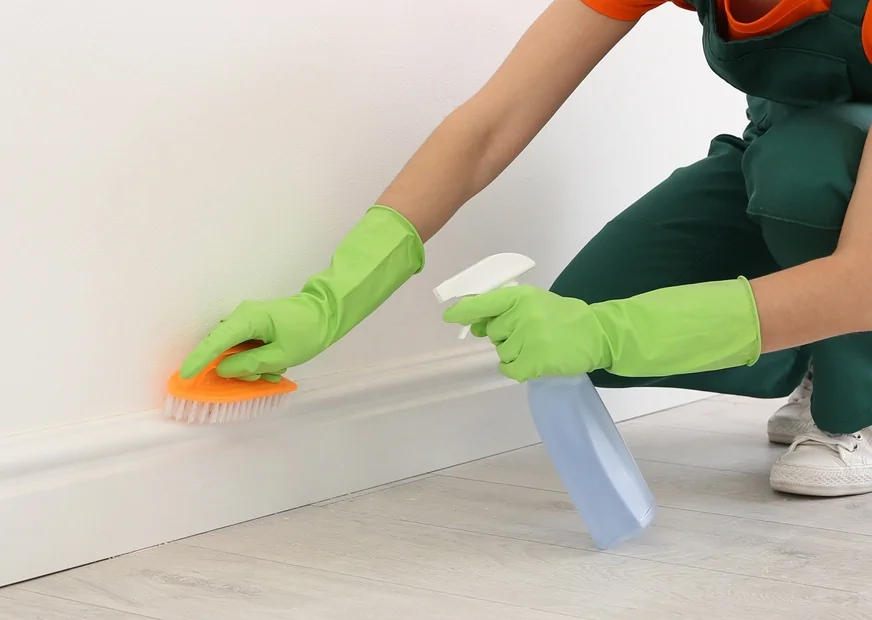
Step 3 – Nooks and Crannies
After you’ve wiped down the visible surface of your baseboards, it’s time to pay attention to the nooks and crannies where dirt and dust can accumulate. Use a toothbrush or other small, soft-bristled brush to get into these tight spaces and remove any lingering dirt.
Step 4 – Repel Dust
To help keep your baseboards looking clean for longer, consider finishing up by wiping them down with a microfiber cloth or a mixture of water and a few drops of essential oil. You can also wipe your baseboards with a dryer sheet, which has formulated anti-static properties which will keep dust away! Keeping dust at bay will make it easier to keep your baseboards clean in the future.
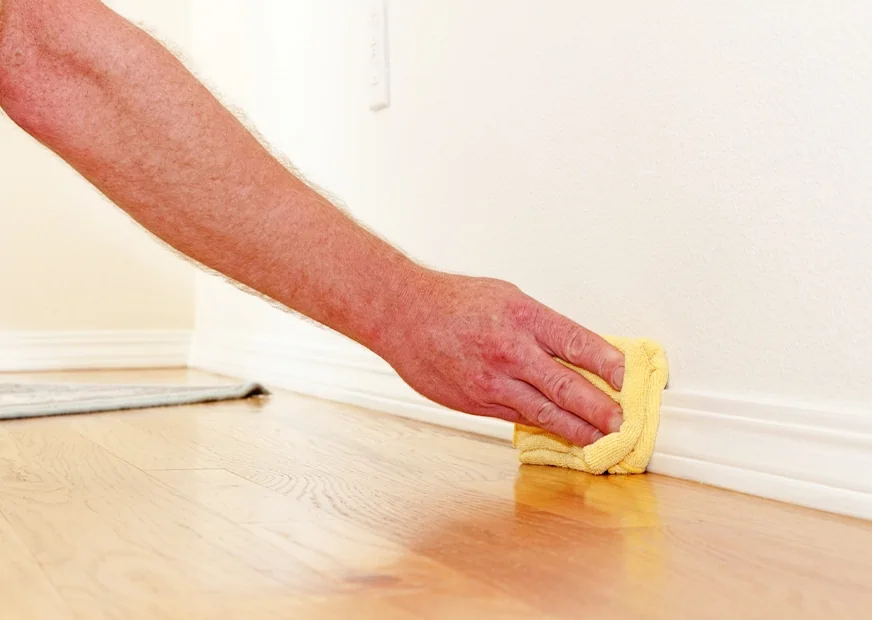
Cleaning Specific Types of Baseboards
In this section, we’ll guide you through the process of cleaning specific types of baseboards, including wood, stained wood, painted, and non-painted baseboards. We’ll also provide you with some DIY cleaning solutions and product recommendations to make the job easier.
Cleaning Solutions To Use
When it comes to cleaning baseboards, it’s important to use the right cleaning solution to ensure that you don’t cause any damage to the material they’re made of. Here are some DIY cleaning solutions you can use for different types of baseboards:
| Material | Cleaning Solution |
| Varnished wood | Mix 1 gallon of warm water, 4 tablespoons of dish soap, and 1 tablespoon of mineral oil. |
| Painted wood | Mix 1 gallon of water and 4 tablespoons of dish soap or all-purpose cleaner. |
| PVC baseboards | Mix 1 gallon of water and 1 cup of white vinegar. |
Wood
If your baseboards are made of wood, it’s important to be careful when cleaning them. Wood is a durable and attractive material, but it can become warped or discolored if it gets too wet or dries out completely. To avoid this, try to use as little water as possible when cleaning wooden baseboards and finish them with oil to lock in moisture.
To start, dust or vacuum your wood baseboards to remove any surface dirt. Then use the cleaning solution recommended for varnished wood (a mixture of water, dish soap, and mineral oil) to clean the baseboards. Once you’re finished cleaning, use a cloth dampened with clear water to remove any soap residue. Finish by buffing the baseboards with a dry cloth and using a dryer sheet to help repel future dust.
Stained Wood
If your wood baseboards are stained, you can use the following method to clean them:
- Use the brush attachment of your vacuum cleaner to clear up dust and dirt that’s gathered along both the top and bottom of the baseboards.
- Mix together a bucket of hot water and a quarter cup of Murphy’s Oil Soap. Dip your rag or cloth in the mixture and ring it out to make sure it won’t drip, then wipe along the baseboards.
- Rinse your cloth, then wipe the baseboards again with just water to remove any soap residue.
- Use a dry microfiber cloth to buff the baseboards and remove any excess moisture.
Painted
If your baseboards are painted, you can use the following method to clean them:
- Dust or vacuum the baseboards to remove any surface dirt.
- Use the cleaning solution recommended for painted wood (a mixture of water and dish soap or all-purpose cleaner) to clean the baseboards. Wipe down with a cloth dampened with clear water to remove any soap residue.
Not Painted
If your baseboards are made of a material that’s not painted, you can use the following method to clean them:
- Dust or vacuum the baseboards to remove any surface dirt.
- Use the cleaning solution recommended for the specific type of baseboards you have (e.g. water and vinegar for PVC baseboards or a mixture of water, dish soap, and mineral oil for varnished wood). Be sure to follow the instructions for each type of cleaning solution to avoid damaging the baseboards.
- Wipe down the baseboards with a cloth dampened with clear water to remove any soap or cleaner residue.
- Use a dry microfiber cloth to buff the baseboards and remove any excess moisture.
Remember, it’s important to be gentle when cleaning baseboards to avoid damaging them. Use a soft cloth or sponge, and try to avoid using too much water or applying too much pressure. If you’re not sure which cleaning solution or method to use, it’s always a good idea to test a small, inconspicuous area first before cleaning the entire baseboard. And don’t forget to wear gloves to protect your hands from any harsh chemicals or cleaners.
Tips and Tricks for Easier Baseboard Cleaning
Tired of bending down to scrub your baseboards for hours on end? Don’t worry, we’ve got you covered! Check out these simple tips and tricks for making baseboard cleaning a breeze.
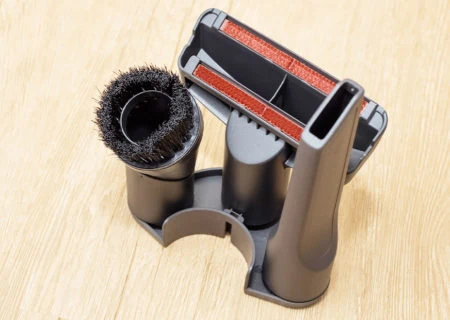
Vacuum Cleaner
A handheld vacuum is great for quickly sucking up dirt and dust, but if you want to give your baseboards a thorough clean, use a regular vacuum with brush and wand attachments. Start at the top and work your way down, using the wand to get into those hard-to-reach corners.
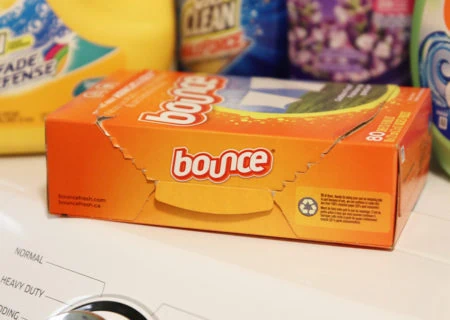
Dryer Sheets
Not only do fabric softener sheets smell great, they can also lift dirt, dust, and pet hair from your baseboards. Plus, they leave behind a layer that helps prevent future buildup. This is a great option for regular cleaning if you have pets.
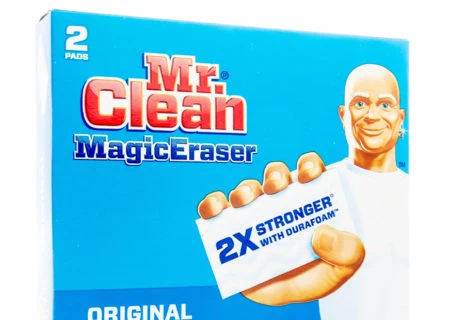
Magic Eraser
These super versatile sponges can clean just about anything, and they’re a great way to tackle baseboards. Just grab a handful of Magic Erasers and a bucket of warm water (or add dish soap for painted baseboards or distilled white vinegar for stained wood baseboards). Dip the eraser into the water, wring it out, and wipe down the baseboards.
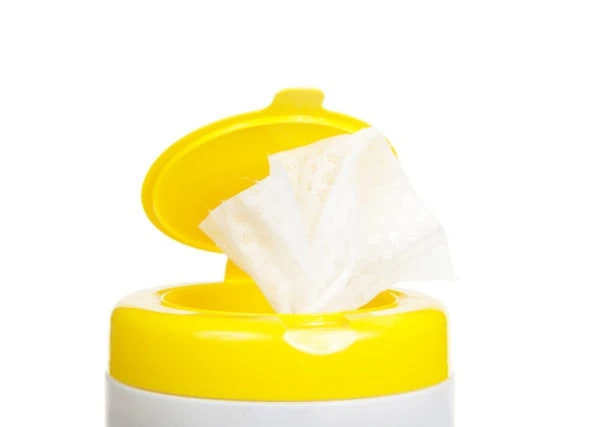
Cleaning Wipes
Cleaning wipes are a quick and easy option for baseboard cleaning, especially if you have a small home or are short on time. Just be aware that using disposable products can be more wasteful than using reusable ones.
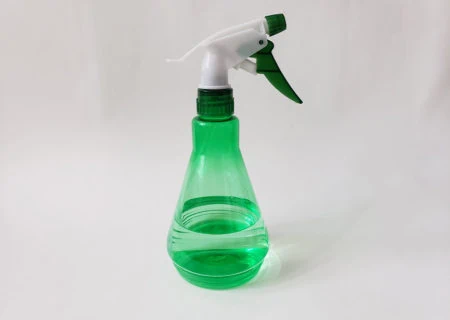
DIY Cleaning Spray
You don’t need fancy cleaning solutions to get your baseboards looking great. Our favorite recipe uses the power of vinegar to cut through dirt and grime. Just mix equal parts vinegar and water in a spray bottle, and spray it on your baseboards. Wipe them down with a microfiber cloth, and you’re good to go!
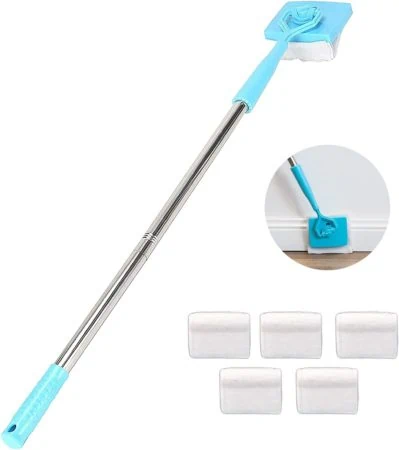
Cleaning Baseboards with a Bad Back
If you have a bad back, bending over to clean baseboards can be a real pain. One solution is to use a long-handled duster or baseboard cleaner to reach those hard-to-reach spots. Or, if you’d rather not bend over at all, you can use a steam cleaner to blast away dirt and grime.
Dealing with Pet Urine
Let’s face it – accidents happen, and when they do, it’s essential to clean up pet urine as quickly as possible. The longer you wait, the harder it becomes to remove the stain and odor. Plus, nobody wants to be stuck with that nasty smell!
If you’re dealing with cat urine, you’ll need a strong cleaner to get rid of the unpleasant smell.
Here’s a simple DIY solution you can try: mix together 1 cup hydrogen peroxide, 1 tablespoon dish soap, and 1 tablespoon baking soda in a spray bottle.
First, soak up as much of the urine as possible using paper towels or a cloth. Then, generously spray the mixture onto the affected area – in this case, the baseboards. Let it sit for at least an hour, or better yet, overnight. If a white residue appears after it’s dried, you can easily wash or brush it away.
Note: It’s not ideal to get your baseboards wet, but the potential water damage is usually a better option than dealing with the smell of cat urine. Trust us – your nose will thank you.
If you’re dealing with dog urine, baking soda is your best friend. It’s a natural odor absorber and can help eliminate the smell of pet urine. Simply wipe up as much of the urine as possible and then cover the area with a generous layer of baking soda. Let it sit overnight, and then vacuum up the dry powder in the morning.
Overall, the key to cleaning up pet urine is to act fast.
Conclusion
By following these steps and using these tips and tricks, you can easily keep your baseboards clean and looking fresh. Don’t let dirty baseboards ruin the appearance of your home – take the time to give them the attention they deserve.

